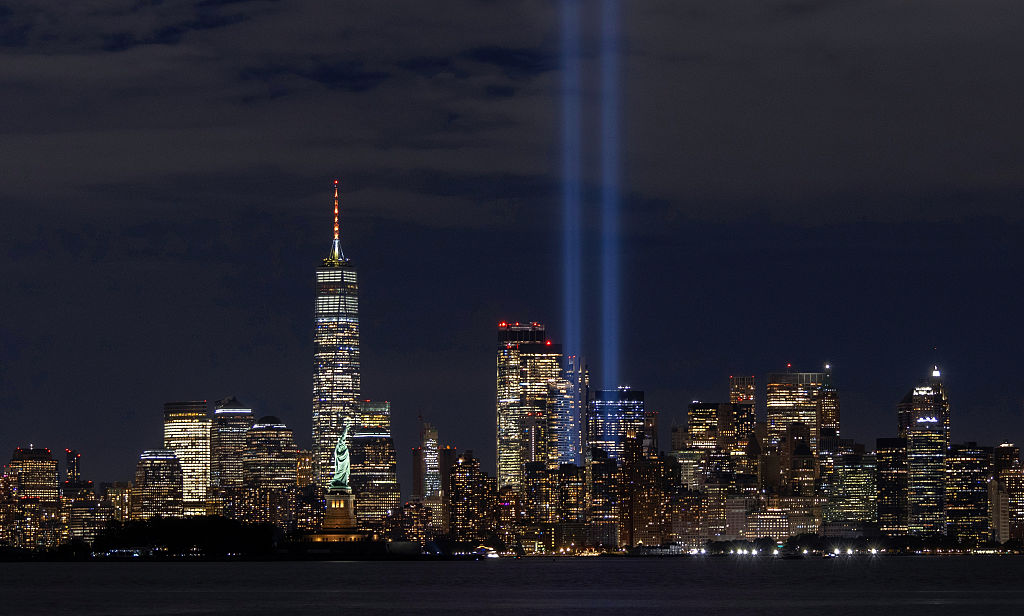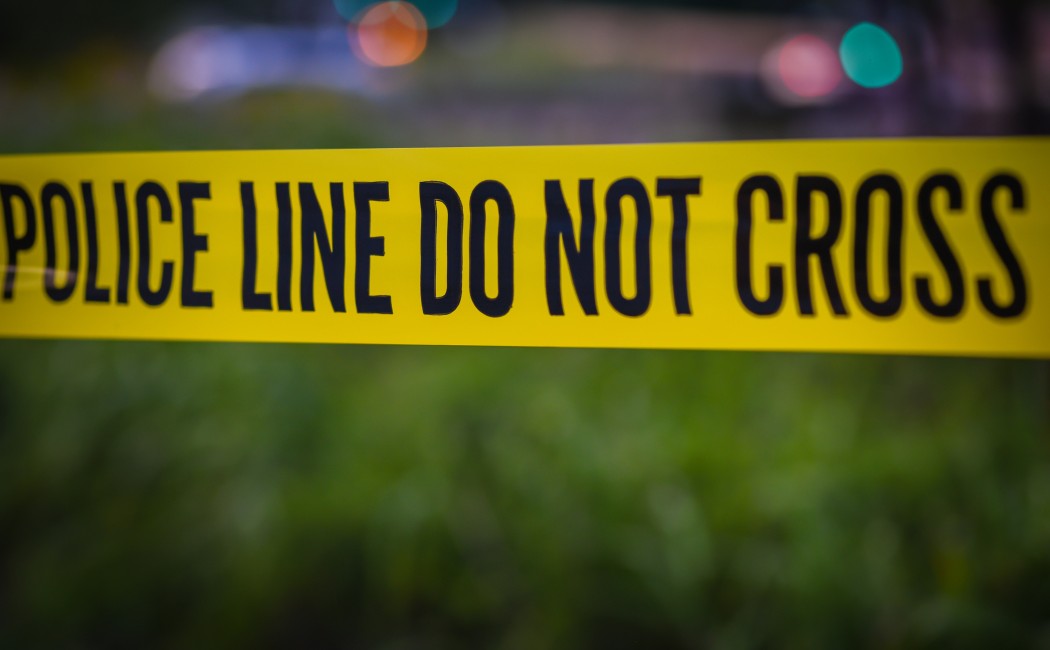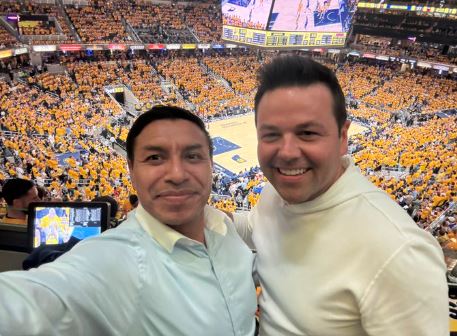Court Ruling Revives 9/11 Families’ Saudi Case After Two Decades

Relatives of those who died in the September 11 attacks welcomed a legal victory on Wednesday, describing it as a step closer to holding Saudi Arabia responsible for its alleged part in the 2001 tragedy.
At a press conference in New York City, Brett Eagleson—whose father, John, was among the victims—praised what he called a “historic, landmark decision.” The ruling, handed down two weeks earlier, allows a long-running lawsuit against the Saudi government to advance, which Eagleson said rests on “indefensible evidence.”
“There were at least 13 Saudi government officials connected to the Ministry of Islamic Affairs. They were working and operating in and out of the Saudi consulates and the Saudi embassies,” Eagleson said. “There were funneling support from the Ministry of Islamic Affairs in Washington, D.C., to their embassies in San Diego, to the hijackers’ handlers, right down to the hijackers themselves.”
Eagleson also accused two individuals of serving on an “advance team” dispatched by the Saudi government to aid al Qaeda in preparing for the coordinated assault, which killed nearly 3,000 people. Saudi officials have rejected these allegations.
“It’s been 24 years of pain and anguish and fighting for our families. What happened to this community, what happened to America that day, was horrific. However, what’s happening currently and what’s been happening for the past 24 years has been an abomination,” Eagleson said, referring to the protracted legal battle.
In a 45-page opinion, Judge George Daniels of the Southern District of New York wrote that it was reasonable to infer that the two men in question knew they were providing support to the hijackers who carried out the attacks on the World Trade Center and the Pentagon. Daniels also noted evidence that the pair were acting under instructions from senior figures in the Saudi embassy. He concluded that the court has jurisdiction to weigh the plaintiffs’ argument that the Saudi government played a role in the planning.
“Some of the disputed facts cannot be resolved at this stage of the litigation, because weighing the evidence or assessing witnesses’ credibility will need to take place at trial,” Daniels explained. “Nonetheless, the entire body of undisputed facts, and the Court’s preliminary assessment of certain disputed facts, are adequate for the Court to conclude that the exercise of subject matter jurisdiction is appropriate here.”
With Daniels’ ruling, the case—first filed more than two decades ago—is now poised to move toward trial, a point emphasized by Eagleson during the press conference.
“This is what we’ve all known for 20 years,” he said. “It’s time for America to learn what we’ve been fighting.… This is the best thing that we can do for the memories of our loved ones is let’s stand up for what’s right and just and let’s have truth accountability and closure.”
The Sept. 11 attacks were carried out by 19 al Qaeda operatives under the leadership of Usama bin Laden. They hijacked four commercial planes in the United States: two were flown into the twin towers in New York, one struck the Pentagon, and the fourth crashed in a Pennsylvania field after passengers intervened. All 19 hijackers died. Five additional suspects face charges in military tribunals and remain in custody at Guantanamo Bay.















